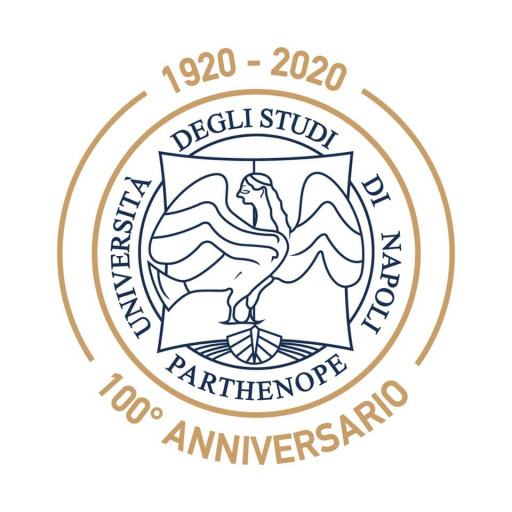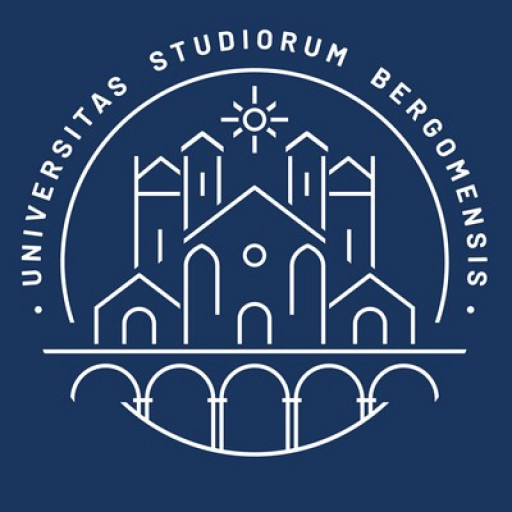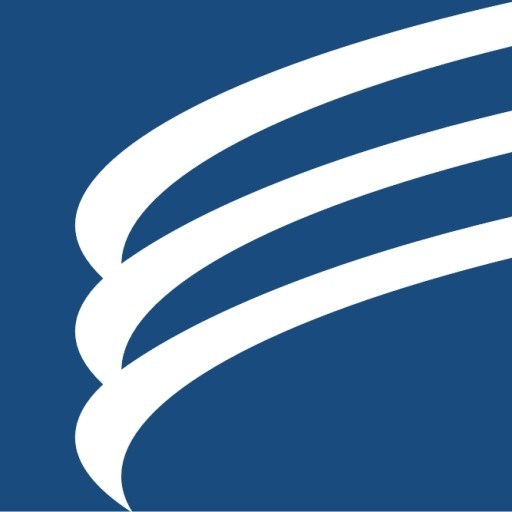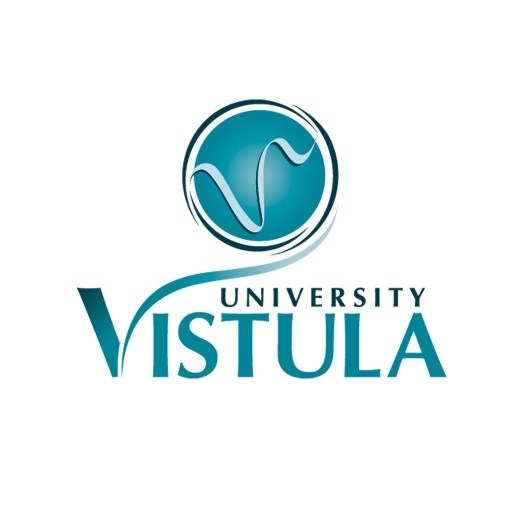Photos of university / #unibasel
The Master's Programme in International and Monetary Economics at the University of Basel offers students a comprehensive and rigorous education in the fields of international economics, monetary policy, financial markets, and global economic governance. Designed for individuals who aspire to understand the complex mechanisms that drive global financial systems, this programme combines theoretical foundations with practical applications to prepare graduates for careers in academia, international organizations, central banks, financial institutions, and policy-making bodies. Students will examine key topics such as exchange rate dynamics, international trade policies, monetary policy strategies, and the impact of globalization on economic stability. The curriculum emphasizes analytical skills, quantitative methods, and empirical research, enabling students to critically analyze current economic issues and contribute to informed policy decisions. Throughout the programme, participants engage with experienced faculty members through seminars, workshops, and research projects, fostering an environment of intellectual inquiry and collaboration. The programme also encourages interdisciplinary approaches, integrating insights from political science, law, and sociology to enrich understanding of the multifaceted nature of international economics. Graduates will be equipped with the knowledge and skills to interpret global economic developments, evaluate monetary policy tools, and develop innovative solutions to complex financial challenges. The University of Basel's vibrant academic community and strategic location in the heart of Europe offer additional advantages, including access to a wide network of international partners and economic hubs. By completing this programme, students will be well-positioned to pursue advanced research or to advance their careers in international economic institutions and the financial sector, making a meaningful contribution to global economic stability and growth.
The study programme entails achievements totalling 90 credit points of the European Credit Transfer System (ECTS) and a statutory period of study of three semesters. Part-time study increases the duration of the programme accordingly. One ECTS credit point roughly equals 30 hours of studying.
Combination of subjects
There is no possibility to combine this Master with other Master programs.
Career opportunities
Graduates of this Master’s degree would typically seek a professional career opening in the following areas: Macroeconomic analysis with reserve banks and commercial banks, Public authorities (e.g. finance or tax administrations), Financial markets supervisory bodies, Media communications, Expert groups of political governing boards or international organizations, Academia.
- Proof of completion of a Bachelor degree (180 ECTS) earned from a Swiss University, showing good knowledge in quantitative methods with one of the two following qualifications:
A) Bachelor qualification in the field of economics or in economics sciences with a Major in economics and a minimum final grade of 5.0 (unrounded);
B) Bachelor qualification in a discipline associated with economics sciences (content, methodology) and a minimum final grade of 5.0 (unrounded) as well as a test result in the GMAT-test or GRE-rest in the upper range of performance (i.e., a result achieved by the top 20% of candidates).
- Proof of proficiency in English at Level B2 of the European language portfolio. This proof must be provided prior to admission to the Master’s program.
Funding for the International and Monetary Economics program at the University of Basel is typically supported through a combination of scholarships, grants, and student loans. The university offers various financial aid options to help both domestic and international students finance their studies, including merit-based scholarships for outstanding academic achievement, need-based grants for students demonstrating financial need, and stipends for research or thesis work. Many students also benefit from external funding sources such as government scholarships, private foundations, and international organizations.
The Swiss government provides loan facilities and scholarship programs for international students, which may be applicable to students enrolled in this program. In addition, students are encouraged to explore Erasmus+ funding opportunities, especially if participating in exchange programs with partner universities across Europe. The university’s Career Service offers guidance on part-time employment possibilities within Basel and nearby regions to help students supplement their funding.
International students should also consider language proficiency requirements and associated costs, including tuition fees and living expenses, which can vary depending on the nationality and residency status. The university’s fee structure for master’s programs includes an annual tuition fee, which is generally accessible compared to many other European institutions. To support students financially, the University of Basel has established a student support office that provides personalized advice on funding options, application procedures for scholarships, and navigating the financial sustainability of their studies.
Overall, funding for the International and Monetary Economics program is designed to be accessible through a range of financial assistance programs, enabling motivated students to pursue their education without undue financial burdens. The university’s commitment to supporting students financially complements its academic excellence and research opportunities, ensuring a well-rounded educational experience.
The University of Basel currently collects CHF 850 in tuition fees per semester, along with CHF 10 for the student body.
Please note that there are also costs for books and, of course, your personal living expenses. The following list provides a general indication of monthly living expenses if you are not living at home with your family.
Rent (room, shared living space, student dormitory)
Minimum: CHF 400; Average: CHF 600
Food, household, clothing
Minimum: CHF 450; Average: CHF 600
Insurance/healthcare
Minimum: CHF 200; Average: CHF 300
Transportation
Minimum: CHF 60; Average: CHF 90
Learning materials
Minimum: CHF 100; Average: CHF 150
Tuition Fees
CHF 140
Recreation/culture
Minimum: CHF 150; Average: CHF 220
Total
Minimum: CHF 1500; Average: CHF 2100










